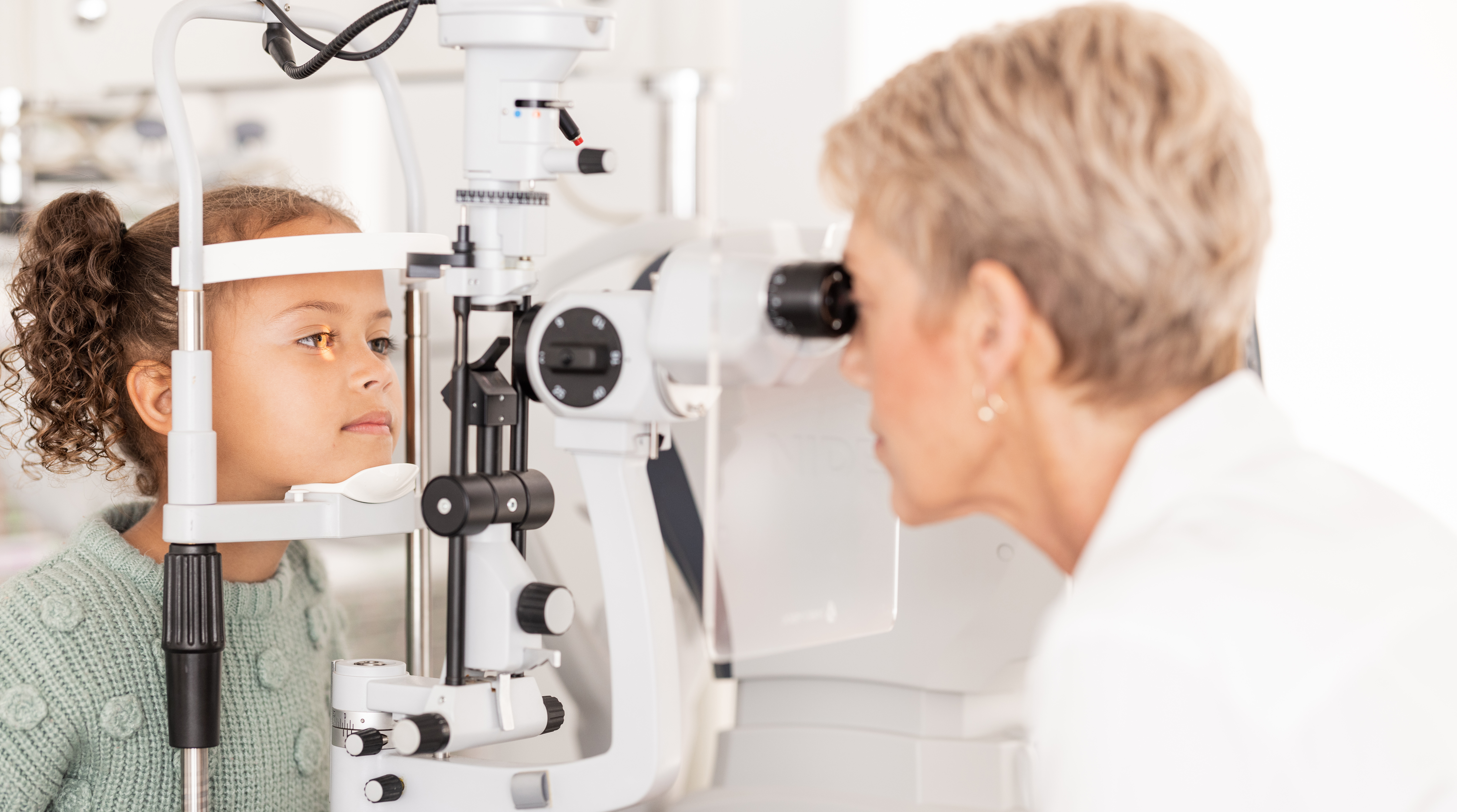Laying the Foundation for Lifelong Health: The Vital Role of Early Childhood Screenings

By Kelly Mehaffie, Health Services Manager at Catherine Hershey School for Early Learning, Middletown
The early years of a child’s life are not just about building the basis for academic skills; they are also a critical period for laying the foundation for lifelong health and wellbeing. Early Childhood Education (ECE) professionals are at the forefront of nurturing the young minds and bodies entrusted to their day-to-day care. Ensuring children have access to needed comprehensive health screenings and supports is crucial for success in the classroom and at home. Research shows that the earliest years lay the groundwork for lifelong health. These screenings are more than just routine checks–they are proactive steps that safeguard a child’s continued cognitive and physical development.
Health screenings in early childhood serve as an early warning system. Routine vision, hearing, dental health, and development screenings can help detect concerns, refer children for additional assessment, and initiate early intervention services.
Increasingly, ECE centers, such as Catherine Hershey Schools for Early Learning (CHS), are taking a whole-child approach. By working in partnership with and/or employing health providers on-site, early learning facilities can ensure that children receive the necessary screenings to set them on a path toward a healthier life trajectory.
The rapid pace of cognitive, social, and physical development in early childhood means early intervention is crucial – and effective. Developmental screenings can detect if a child is experiencing significant difficulties with language, motor skills, behaviors, or social-emotional skills. These insights allow educators and families to address potential delays promptly, ensuring that children receive timely and appropriate interventions. The sooner a delay or issue is identified, the better the outcome, including a smoother transition to kindergarten.
Vision and audiology screenings are vital. Undiagnosed vision and hearing problems can lead to significant challenges in learning and social interaction, as well as the inability to follow instructions or see activities clearly. In the absence of screenings, undiagnosed vision and hearing issues can also be misinterpreted as developmental or behavioral concerns.
Dental screenings are also an integral part of a child’s health. Poor dental health can affect a child’s nutrition, speech development, and self-esteem. Regular dental checks ensure that children maintain good oral health, setting them up for a lifetime of healthy smiles.
CHS’ model demonstrates how collaboration between early learning facilities and medical and behavioral health providers can ensure children are not only prepared academically but are also healthy and ready to learn. At CHS, each Center includes on-site supports including a Registered Nurse, Speech Therapist, Occupational Therapist, Physical Therapist, and Behavior Intervention Specialists. By providing these on-site supports, existing barriers to accessing services are eliminated for children and families, including reducing waiting times for services/supports by having direct access to these supports housed on-site. Additionally, teachers have the opportunity to partner with specialists to strategize individualized learning and care so children in their classroom have the supports needed to thrive.
Educators play a pivotal role in early detection. They are often one of the first to notice if a child is not developing as expected and to hear concerns raised by families. It is important for educators, families, and on-site support staff to be informed about local health resources and recommendations to guide and support families in accessing the necessary services. This will also help them to overcome hurdles they may be facing. These hurdles could include language and literacy worries, lack of resources, or transportation issues. Providing parents with this information empowers them to become informed advocates for their child’s wellbeing, not only while they are in ECE, but as they transition to a K-12 setting.
Below are some local Pennsylvania resources for families and there are similar resources across the country, which can serve as a support for you or can be shared with the children and families you serve:
Early childhood screenings are not just a formality–they are a fundamental aspect of child development. By embracing a whole-child approach that includes these screenings, you are not only enhancing the child’s educational experience but also contributing to their long-term health and success.




